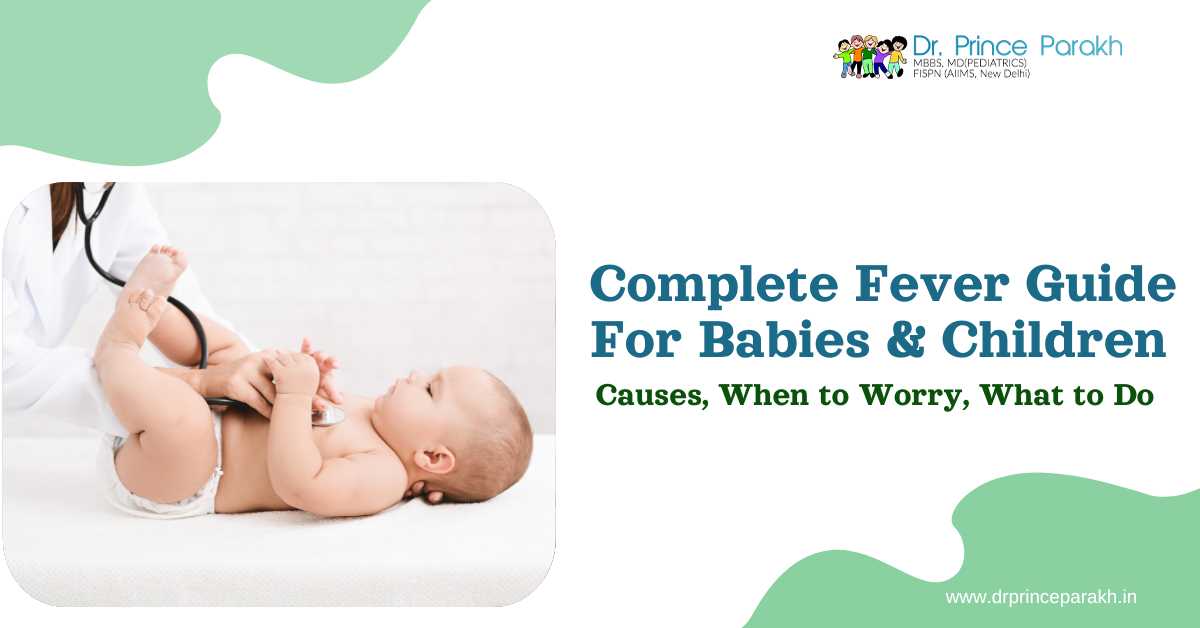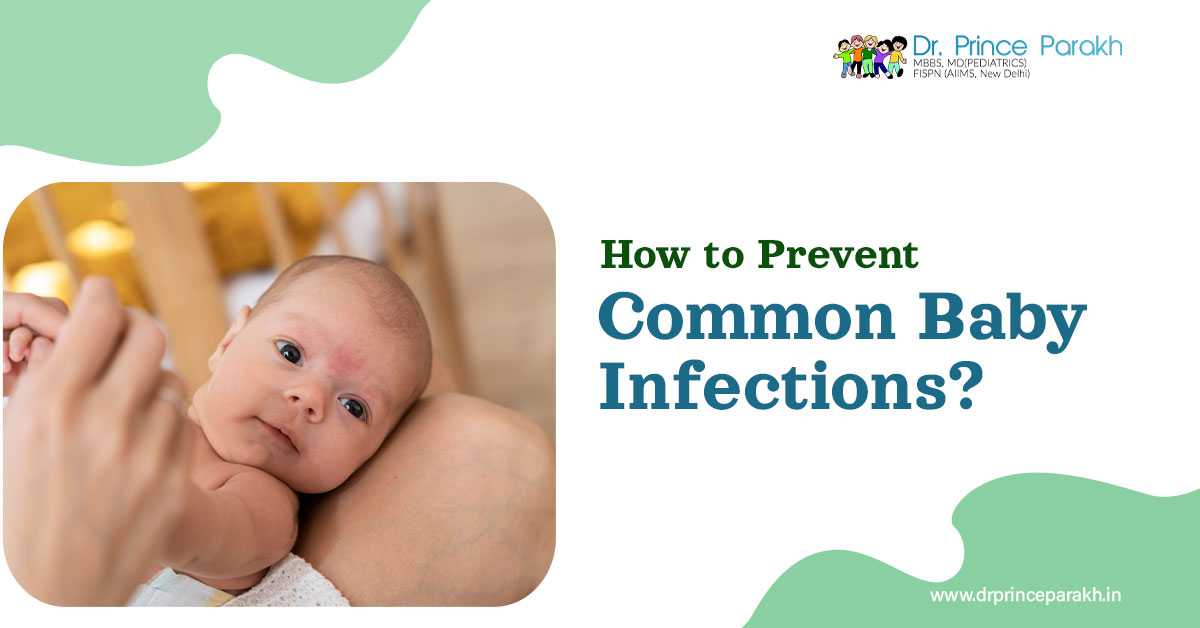People who are overweight are more likely to develop diabetes and high blood pressure, among other health issues. Here, children are no exception. Genetics, eating habits, physical activity levels, and sleep patterns are just a few of the numerous contributing factors to childhood obesity.
The good news is that there are several ways to reduce childhood obesity. It's important to promote lifetime healthy behaviors besides weight loss in order to prevent childhood obesity. Get expert advice from the leading child specialist at the top pediatrician clinic near Siliguri.
Parents, schools, healthcare professionals, and communities all should work together on it. Here are six proven practices that have been shown to prevent juvenile obesity. Have a read.
Encourage Healthy Eating Practices at a Young Age
Early childhood is the time when a healthy connection with food forms. Children should be encouraged to consume a range of fruits, veggies, whole grains, lean meats, and healthy fats.
Make sure, as parents or caregivers, you don’t serve your little ones with overly processed meals that are heavy in salt, sugar, and bad fats. As kids become older, introducing wholesome alternatives early on will support their long-term well-being.
Children can achieve and maintain a healthy weight as they become older if their family adopts good eating habits. Children are more inclined to imitate good eating habits when they witness adults doing so.
Prioritize Physical Activity
Every day, children should engage in moderate-to-intense physical exercise for at least 30 to 60 minutes. Walking, bicycling, dancing, swimming, athletics, or just plain active play can all fall under this category.
Did you know that frequent exercise enhances mood, focus, and general health in addition to aiding with weight management? Plan active family time instead, such as going to the park, playing tag, or going on hikes (that are comfortable for kids). The role of schools is essential because they provide active recess and high-quality physical education.
Reduce Sugar-filled Drinks and Encourage Healthy Drinking
Reducing or cutting off sugary drinks like soda, fruit-flavored drinks, and sweetened teas is one of the easiest yet most valuable adjustments that you should make.
Without any nutritional benefit, these beverages add needless calories, which increase the risk of health complications, like obesity, headaches, and blood sugar-related issues.
Encouraging milk and water as the primary drinks promotes development and hydration. Give them water-rich foods and tender coconut water mixed with some water sometimes. Make water easily accessible at home and at school.
Set Consistent Sleep Routines
Children who don't get enough sleep are more likely to gain weight. Hormonal abnormalities brought on by sleep loss as well, which might boost hunger and desire for high-calorie meals, which are unnecessary.
Maintaining a regular bedtime and making sure kids receive enough sleep, 9 to 12 hours for school-aged kids, can help control energy balance and metabolism. To improve the quality of your sleep, turn off screens at least an hour before bed and make your room cold, quiet, and dark.
Limit Screen Time
Overuse of screens not only increases exposure to harmful food promotions but also leads to physical inactivity and eye strain. Toddlers over the age of two should not spend more than one to two hours a day on TV or digital screens.
Offline play and learning experiences should be prioritized to foster creativity and physical activity and encourage interactive and instructional screen activities.
Seek Expert Advice When Necessary
Do not be reluctant to seek assistance from a pediatrician, nutritionist, or mental health expert if your kid is experiencing weight issues and there are sleep issues, or emotional lows.
The key is early intervention. These experts can assist in diagnosing risk factors, providing individualized dietary and exercise regimens, and treating behavioral or mental problems that may be causing harmful behaviors.
Being obese is not a personal failure; it is a medical problem. Families may obtain the resources and information needed to achieve long-lasting changes with expert care and support. Receive expert support from the best pediatric clinic near Siliguri or at your nearest location.
An all-encompassing and proactive strategy that includes exercise, emotional support, a healthy diet, and a wellness-promoting environment is needed to prevent adolescent obesity.
It's about establishing lifelong healthy habits that will benefit kids, and we all should understand that it is not about eating less, following a strict diet, or hitting a specific weight. Do reach out for expert help.







